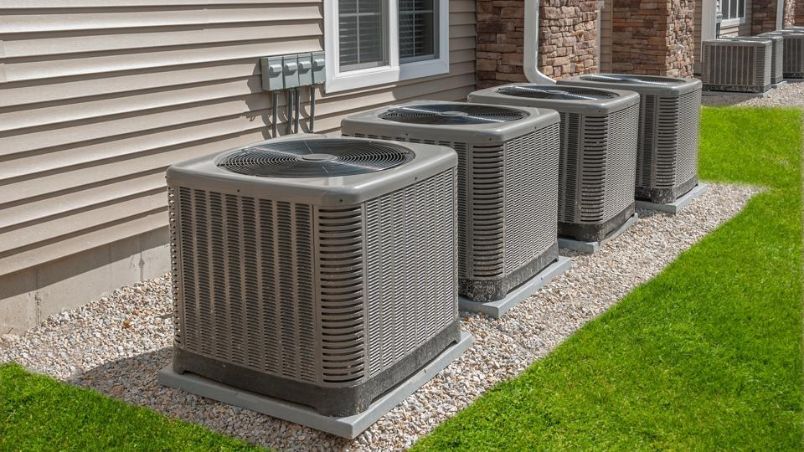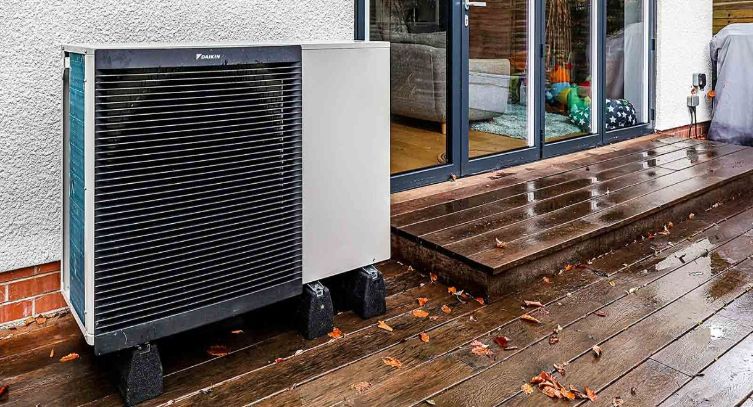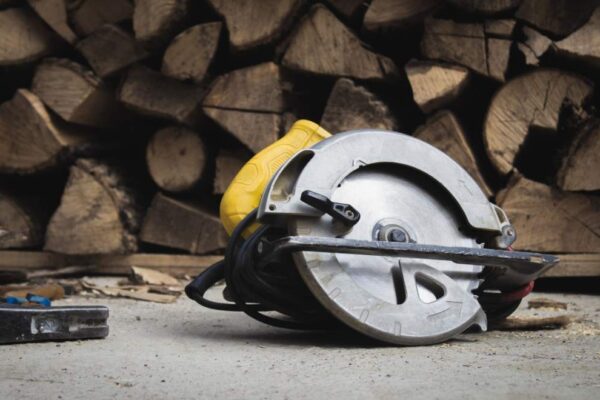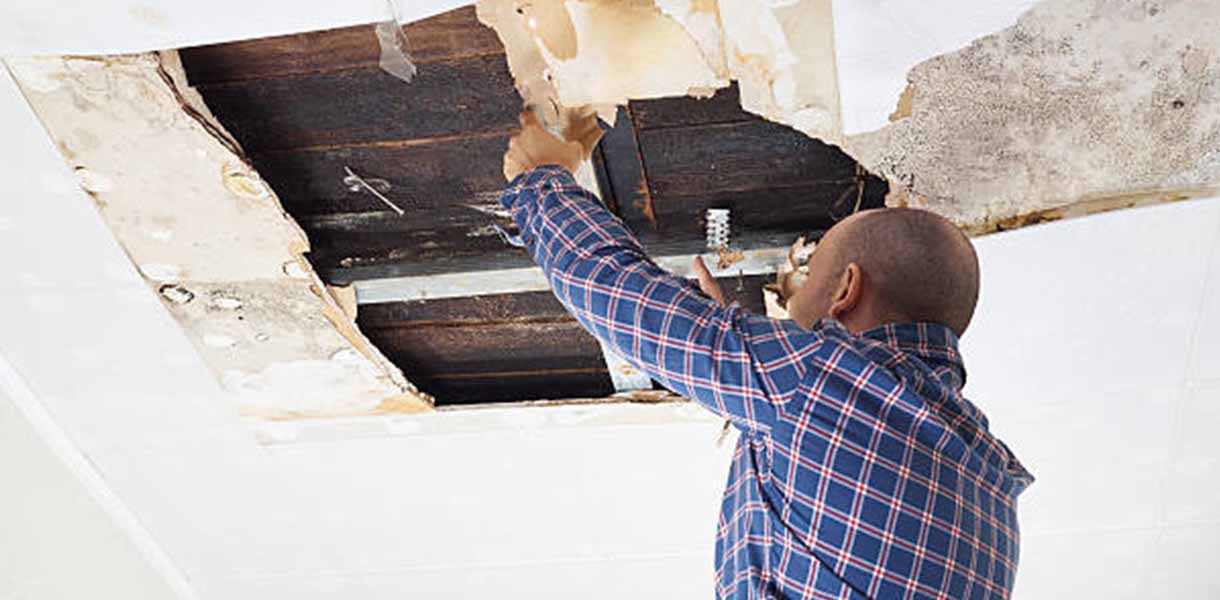Residential heat pumps are the industry’s workhorses when it comes to heating and cooling. Heat pumps serve a dual purpose, providing heating and cooling for year-round comfort, in contrast to traditional HVAC systems that are equipped with a furnace and an air conditioner.
The use of heat pumps to heat and cool your home is incredibly efficient. These HVAC units can save a lot of energy because of their high energy efficiency. However, they have a finite lifespan and will eventually require replacement, just like any other HVAC system.
The type of heat pump, your location, and how well it is maintained are just a few of the variables that affect a heat pump’s lifespan. Although some heat pumps can stop working after ten years, heat pumps typically have a lifespan of fifteen years. Some of today’s newer products can last a little bit longer.
Please read this article to learn more about the lifespan of heat pumps.
How Do Heat Pumps Do?
Let’s begin by outlining the operation of a heat pump system. Your home can be heated and cooled all year round with the help of heat pumps. Electric heat pumps work in the summer by removing heat from homes in a manner similar to that of conventional air conditioning systems.
The refrigerant absorbs heat from the evaporator coil as it passes over it, moving it to the exterior condenser unit where it is released into the outside air. Once the temperature you’ve set for your home is reached, the refrigerant cycle repeats.
Heat pumps differ from conventional heating systems like gas furnaces in how they heat homes during the winter. The heat pump reverses the refrigeration cycle to draw heat from the outside air and transfer it inside rather than using a fuel source like gas or oil. Even in extremely cold weather, there is still enough heat energy to adequately heat homes.
It’s crucial to remember that heat pumps lose efficiency in the winter once temperatures fall below freezing. As backup heating systems, homeowners frequently install electric heat strips or gas furnaces.
Due to the fact that they offer both heating and cooling, are comparatively quiet, and are incredibly effective at both tasks, heat pumps are a popular choice among Burlington, KY, residents. In addition, they are more environmentally friendly than combustion heating systems and require less maintenance.
Benefits Of Heat Pump Systems
Highly Efficient
Heat pumps don’t use typical fossil fuels to generate heat. Heat pumps use electricity to create the temperatures you want. Along with ensuring that your home’s heating and cooling systems are effective throughout, this will result in significant utility bill savings.
Effective Heating And Cooling
You won’t have to worry about installing two separate heating and cooling systems for your home once you install a heat pump. Heat pumps can actually provide your home with effective cooling, despite what their name might suggest.
Low Noise
There’s a good chance that you won’t hear any noises coming from your heat pump, despite the fact that you might notice how loud your furnace or air conditioner is. You can take advantage of the warm or cool air your system provides while maintaining a low operating noise level with a heat pump system.

How Long Do Heat Pumps Last?
An average heat pump lasts between 10 and 15 years on average. The frequency of use and regularity of maintenance are the two main factors that will determine how long your heat pump lasts.
Your system must be maintained regularly to ensure long-term functionality. Your HVAC technician will examine your system and identify any minor problems during maintenance. Any problems will then be addressed and fixed to ensure that they don’t become more serious or expensive.
Make sure to perform routine maintenance on your heat pump twice a year, at the start of the heating season and the beginning of the cooling season, if you want it to last as long as possible.
Factors That Determine The Lifespan Of A Heat Pump
When The Unit Was Manufactured
Obviously, the heat pump’s lifespan will be impacted by its age. But in this case, I’m referring to the date the heat pump was created. Modern, more recent models typically have longer life spans than classic ones. To be more precise, heat pumps that were bought within the last 5-8 years will probably last longer than those that are at least 10 years old.
Proper Installation & Maintenance
A qualified professional with experience should install your heat pump. Poor installation can result in serious issues and reduce the unit’s lifespan. If you want to get the most out of your heat pump, routine yearly maintenance is also necessary. Similar to a vehicle, if maintenance is skipped, issues can arise and drastically shorten the lifespan of the vehicle.
You may be interested in Tankless Water Heater Maintenance: 4 Easy Steps.
Location
Your heat pump may suffer if you live in an area where the temperature frequently drops below freezing during the colder months because it will have to work harder to heat your house. Heat pumps produce heat, but when the temperature falls below freezing, they perform less efficiently.
Due to the salty air, they are exposed to, coastal climates like Florida can also be hard on heat pumps and the components that make them up. Inland climates with higher average temperatures and short winter low temperatures are ideal for heat pumps.
Usage Amount
Like any machine, its lifespan decreases the more it is used. For instance, your heat pump is likely to malfunction sooner than it would under normal circumstances if it has to run continuously due to inadequate insulation or because it is undersized. Therefore, it’s critical to have a properly sized unit and to confirm that no other factors are making it run longer than is necessary.
Signs It’s Time To Replace Your Home’s Heat Pump
There are a few indicators to watch out for that might mean it’s time to upgrade if you currently own a heat pump that is between 10 and 15 years old and are unsure whether to replace it now to prevent a sudden breakdown.
Rising Energy Bills
Have your energy costs suddenly increased without any associated weather events? Heat pumps take longer to heat or cool your home as they get older and less efficient. As a result, the system runs longer, increasing heating and cooling expenses.
Frequent Repairs
Put the repair money toward a new system if you frequently need to repair your heat pump and the system is more than ten years old.
Poor Indoor Air Quality
Heat pumps are responsible for heating and cooling your house as well as removing moisture from the air to maintain proper humidity levels. Your heat pump isn’t functioning properly if your home has stuffy air. Mold and mildew can grow when there is an increase in moisture.
Strange Noises
They are comparatively quiet, save for the sound of your HVAC system beginning or ending a cycle. So any unusual sounds, like squeaking, humming, or grinding, should be investigated right away. It’s possible that a component of your heat pump is damaged or loose, or that the entire unit isn’t working properly.
Other Issues
Other signs that your heat pump system may be failing include uneven temperatures throughout your house, cold air blowing through vents while the heat is on, and a tripped circuit breaker each time the heat pump turns on.
Final Thoughts
While the average lifespan of a heat pump today is around 15 years, it doesn’t necessarily mean that your heat pump is going to last 15 years. It might last longer or it might not last for 15 years. Your heat pump will last longer if a professional installs it, you keep it free of debris, and you maintain it properly.
You can replace your unit in time and prevent a total system breakdown by being aware of the age of your system and any warning signs that might point to the need for a replacement.





